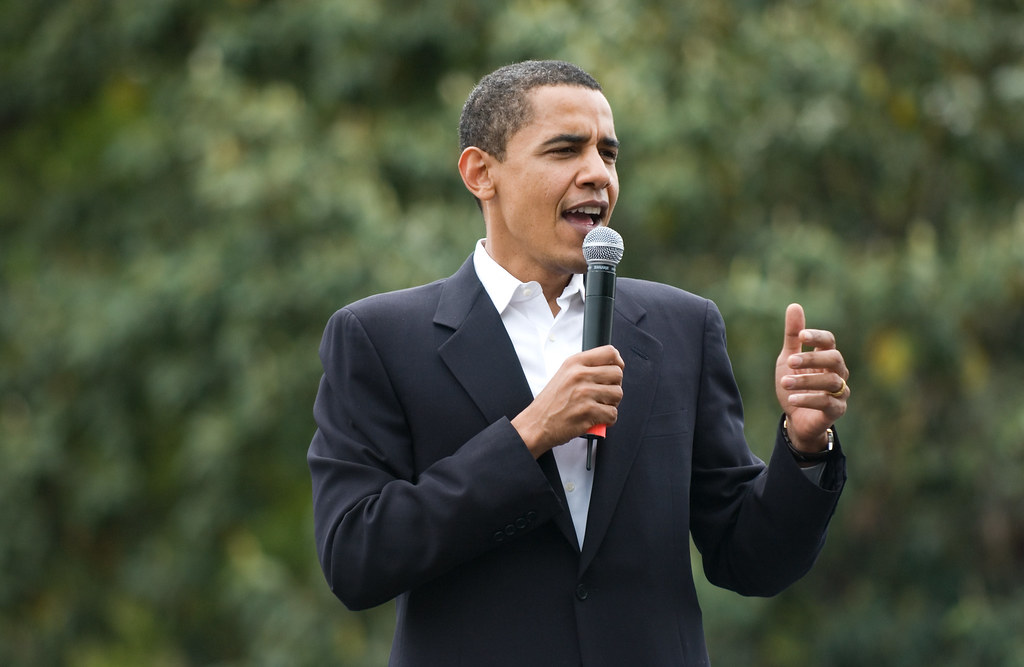 On this episode of The Final Countdown hosts Ted Rall and Steve Gill discuss various topics including the latest inflation and unemployment numbers in the U.S. economy.
On this episode of The Final Countdown hosts Ted Rall and Steve Gill discuss various topics including the latest inflation and unemployment numbers in the U.S. economy. The Final Countdown – 8/14/24 – Federal Reserve Gives Positive Economic Outlook Despite Little Change for Americans
 On this episode of The Final Countdown hosts Ted Rall and Steve Gill discuss various topics including the latest inflation and unemployment numbers in the U.S. economy.
On this episode of The Final Countdown hosts Ted Rall and Steve Gill discuss various topics including the latest inflation and unemployment numbers in the U.S. economy. 
 Barack Obama’s 2008 run, a classic identity play, emphasized the history-making potential of electing the nation’s first Black president. No one knew or cared much about Obama’s policy positions, and he didn’t bother to share them. Bernie Sanders’ 2016 and 2020 bids were policy arguments focused around a succinct
Barack Obama’s 2008 run, a classic identity play, emphasized the history-making potential of electing the nation’s first Black president. No one knew or cared much about Obama’s policy positions, and he didn’t bother to share them. Bernie Sanders’ 2016 and 2020 bids were policy arguments focused around a succinct  Political cartoonists and analysts Ted Rall (on the Left) and Scott Stantis (on the Right) take on the week in politics.
Political cartoonists and analysts Ted Rall (on the Left) and Scott Stantis (on the Right) take on the week in politics. On
On  Political cartoonists and analysts Ted Rall (on the Left) and Scott Stantis (on the Right) take on the week in politics.
Political cartoonists and analysts Ted Rall (on the Left) and Scott Stantis (on the Right) take on the week in politics.